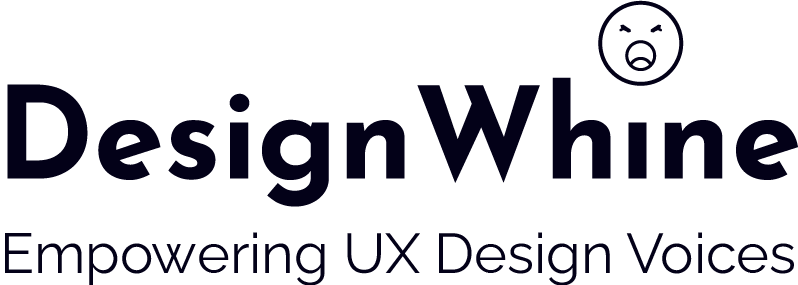The tools have cleverly built an enormous community around themselves but is it healthy for the UX design community?
Figma’s server went down for a short period on June 7th, 2022. There was a commotion in the design community as soon as it went down, with almost everyone having nothing to do that morning. Thousands of tweets began to flood in, confirming that they were not alone. Designers joked that this was akin to the power outages in India in the 1990s, when people would come out of their homes and use the outage as an excuse to socialise.
The entire saga raises an important question. Isn’t the UX design community overly reliant on such tools? The tools have cleverly built a community around themselves, with little to no compatibility with other tools, and the design community adores them like puppets.
The consequences are not only visible during outages. Every now and then, a client appears who prefers to work on a different, obscure tool, and the designers are hesitant to step outside of their comfort zone. There have been cases in organisations where designers flatly refused to work on a project because they were uncomfortable with the tool being used.
Is this attachment to a tool desirable? This strong relationship is a trap that will earn you some short flashy outcomes but will never develop your design abilities. The tools themselves are always evolving. Practically a decade ago, almost all UX design work was done in Adobe Photoshop or Adobe Illustrator. Then came Axure and Sketch, and many abandoned Adobe in favour of those tools. Some people struggled to adjust to Sketch.
When an entire community is puppeted to one or two such tools, we are renting ourselves out to these companies’ whims and fancies. Today, Figma is affordable; tomorrow, it may not be. Today, you may be creative with Figma’s various capabilities; later, it may automate most of the creative process, and organisations may skip UX design as a talent, and a BA may suffice.
Because of these tools, the individuality of designs is already in jeopardy, with every digital design appearing quite “templatic.” This unhealthy attachment to tools has the potential to wipe out a whole community.
Ultimately, we need to strengthen our foundations as a community, and we need to reintroduce the good old pen and paper









